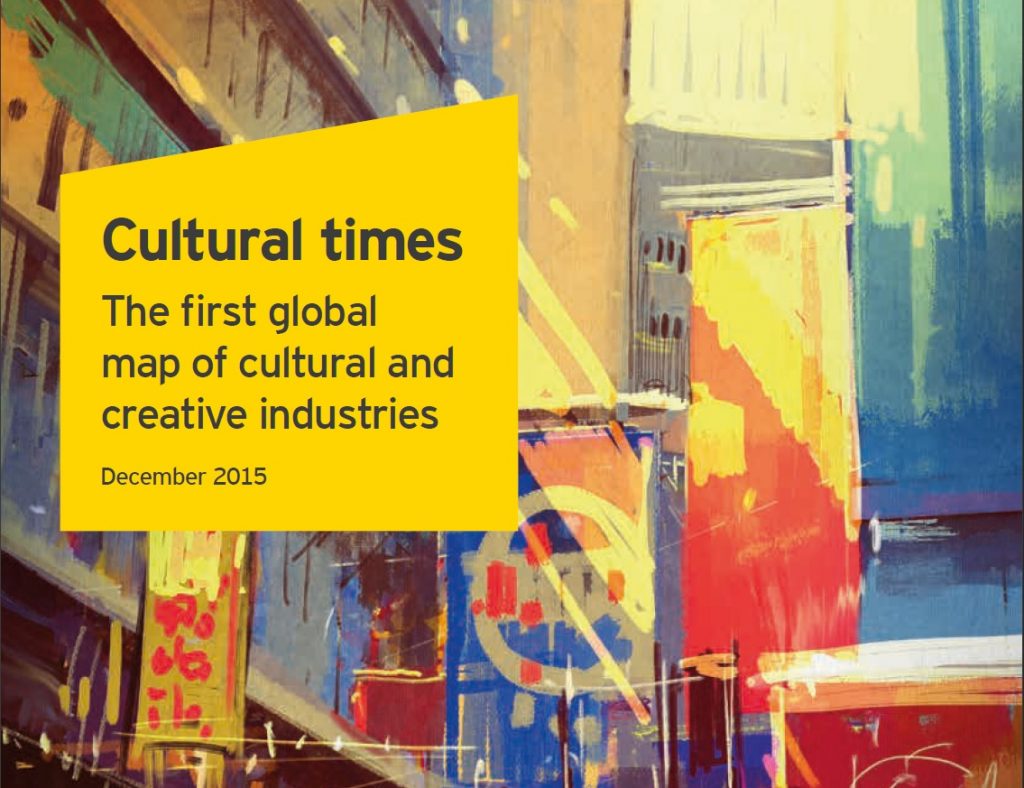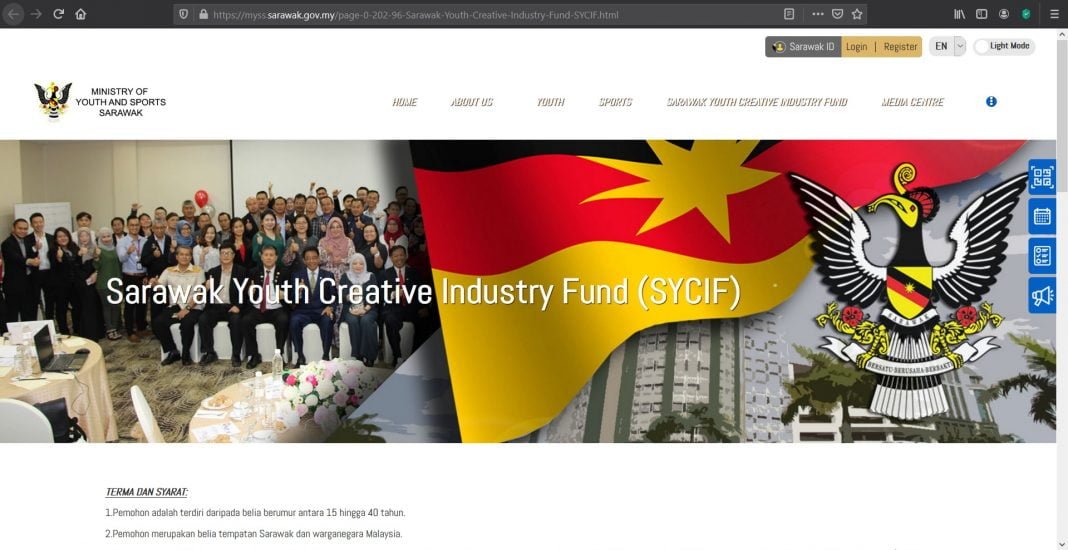As part of its efforts to encourage and support Sarawakian youths to pursue careers and enhance their talents in the creative industry, the Sarawak Government through the Ministry of Youth and Sports Sarawak (MYSS) launched the Sarawak Youth Creative Industry Fund (SYCIF) in 2019.
The initiative – a first of its kind by a state ministry in Malaysia – offers grants to youths, whether as individuals, groups or organisations, who want to develop their artistic and creative talents in a variety of areas in the industry.
These include music, performing arts, as well as creativity and innovation in arts and design, film-making, animation, video games and many others.

Grants received will also allow young Sarawakians to improve and add value to their arts and culture-based projects or programmes, which should benefit the local community especially their fellow youths.
As of March 2021, 42 individuals and associations have benefited from SYCIF, having received a total of over RM1.3 million out of RM9.0 million that has been allocated for the initiative by the Government.
“SYCIF has successfully encouraged youths to venture into digital and creative fields such as video-making, graphic design and development of various activities through digital platforms,” MYSS stated in its written response to RAKAN Sarawak, adding that it hopes to produce many “world-class” creative icons through the initiative.

Cultural and Creative Industries as Key Economic Drivers
The United Nations Educational, Scientific and Cultural Organisation (UNESCO) defines cultural and creative industries (CCI) as activities “whose principal purpose is production or reproduction, promotion, distribution or commercialisation of goods, services and activities of a cultural, artistic or heritage-related nature.”
It comprises 11 sectors, namely advertising, architecture, books, gaming, movies, music, newspapers/magazines, performing arts, radio, television and visual arts.
Around the world, CCI, particularly when they are well developed, can play a vital role in driving a country’s socio-economic progress by way of transforming existing economic structure, creating jobs, promoting innovation, and contributing to an inclusive and sustainable development, among many other advantages.
According to the report ‘Cultural Times: the first global map of cultural and creative industries’ presented by UNESCO, the International Confederation of Authors and Composers Societies (CISAC) and EY (formerly Ernst & Young), sectors within CCI generated a total of US$2,250 billion worth of revenues worldwide in 2013, surpassing those under telecommunication services (US$1,570 billion).

Among many other findings from the report, CCI have employed around 29.5 million people – one percent of the world’s active population – in which the majority work in sectors of visual arts, books and music.
Furthermore, content created by CCI drives the global digital economy greatly. In 2013, it generated US$200 billion in digital sales, US$530 billion in sales of electronics and digital devices, US$66 billion in business-to-consumer sales (e.g. e-books, music, games, video), and US$21.7 billion in advertising revenues for online media and free streaming websites such as YouTube.
Most importantly, activities conducted within CCI sectors contribute immensely to youth employment and careers. In Europe for example, these sectors employed more people aged 15 to 29 than any other sectors in 2013 (19.1% of total employment in CCI vs. 18.6% in the rest of the economy).





